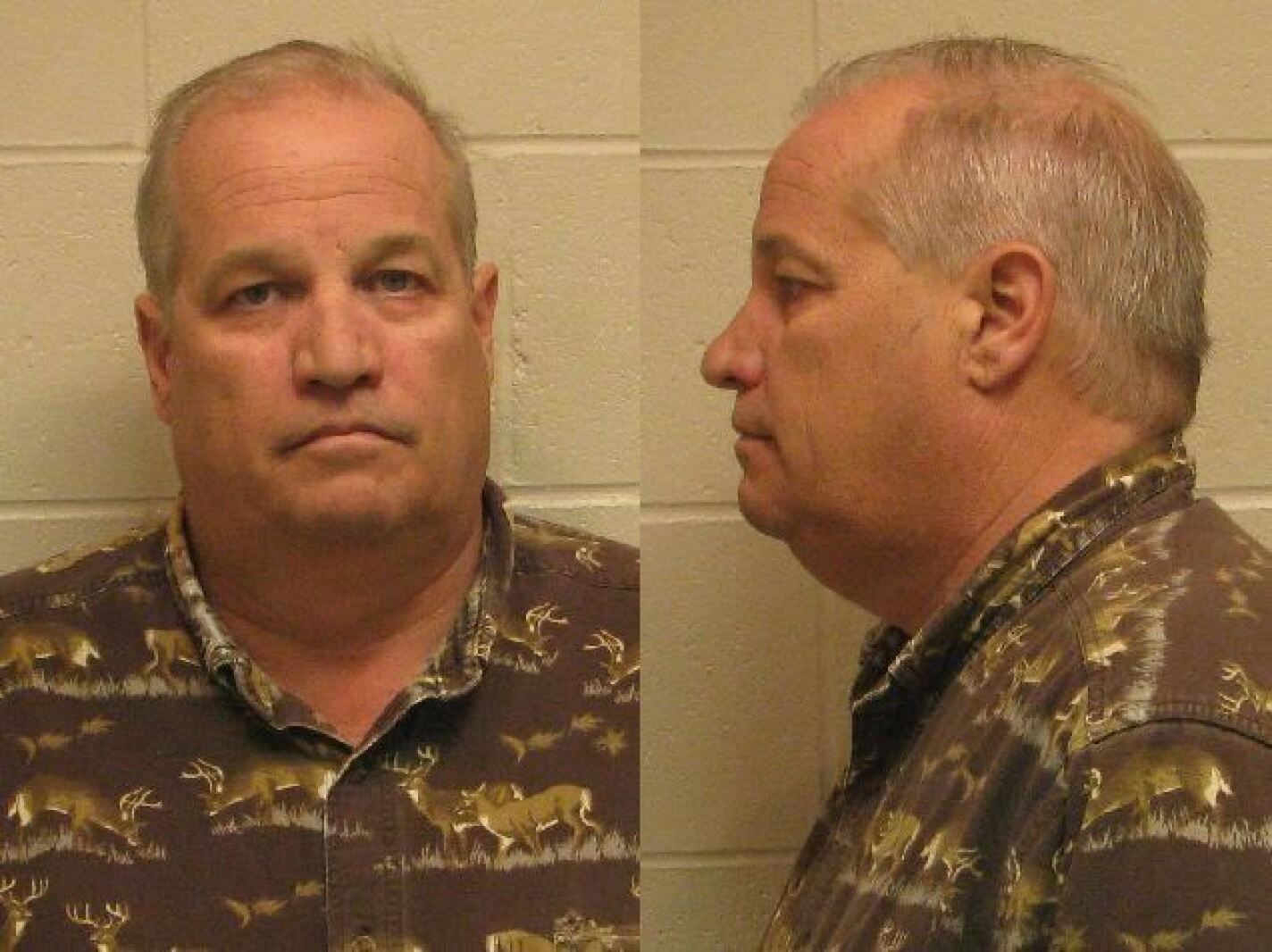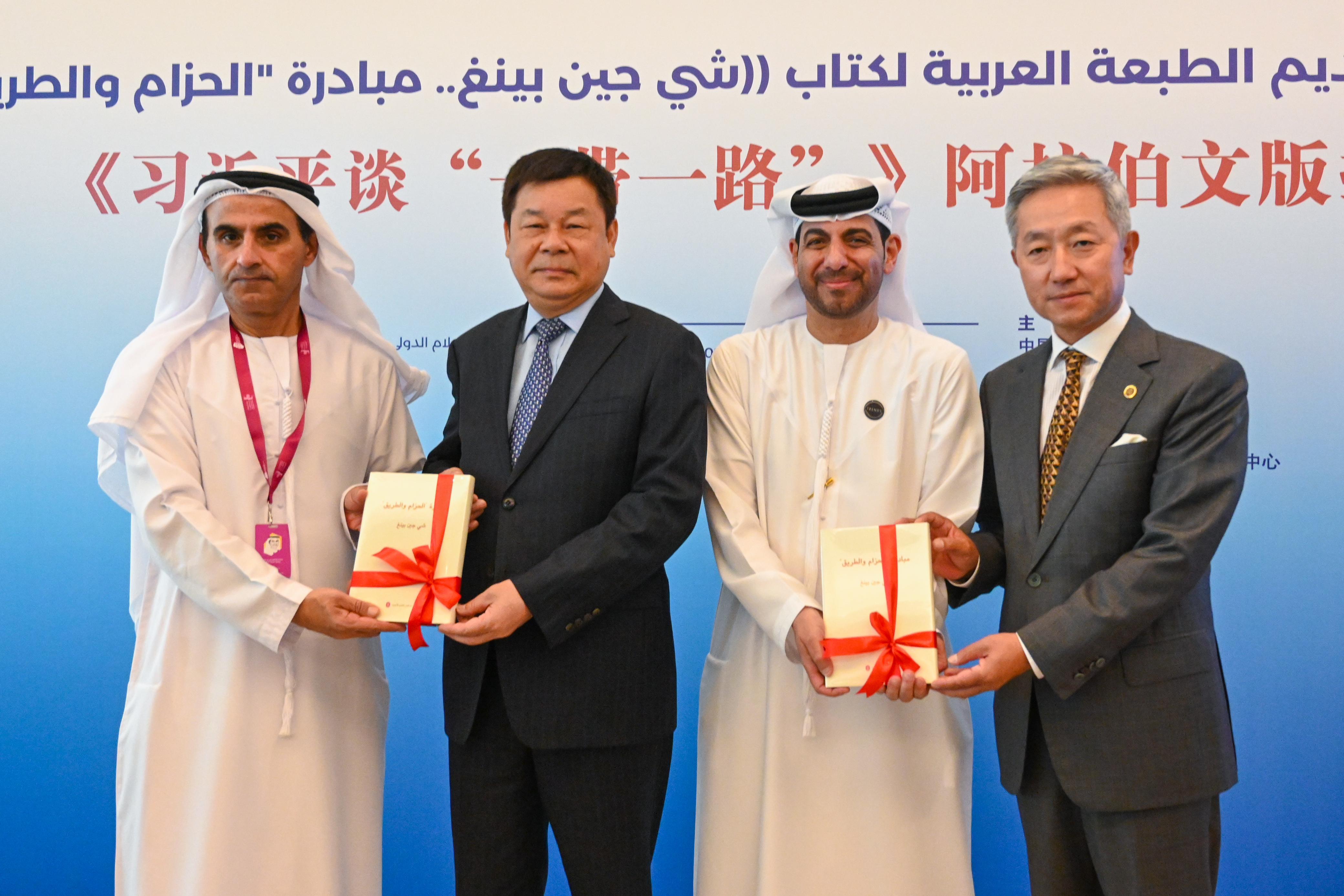London Real Estate Fraud: British Court Upholds Vatican's Claim

Table of Contents
The Case Against the Alleged Fraudsters
The case centered around allegations of sophisticated property fraud involving several individuals and entities. While specific names remain partially protected to respect ongoing legal processes, the accused were allegedly involved in a complex scheme encompassing money laundering, misrepresentation, and forgery. The alleged perpetrators, described in court documents as a network of individuals with expertise in finance and property, are believed to have operated for several years, exploiting loopholes in the system.
-
Details about the properties involved: The fraudulent activities focused on several high-value properties located in prime central London locations, including Mayfair and Knightsbridge, with estimated values ranging from tens to hundreds of millions of pounds. The properties are believed to have been acquired through shell companies and complex financial transactions designed to obscure the true ownership.
-
The alleged fraudulent activities: The alleged scheme involved the creation of false documentation, including forged contracts and fabricated ownership records. This facilitated the transfer of properties to the accused, who then allegedly engaged in money laundering through complex offshore accounts. The scale of the operation is believed to be substantial, impacting multiple properties and potentially involving significant sums of money.
-
Timeline of events leading up to the court case: The alleged fraudulent activities spanned several years, with the Vatican noticing discrepancies in property ownership in [Insert Year, if available]. This led to a formal investigation and subsequent legal action. The case itself lasted [Insert duration, if available], culminating in the recent court decision.
The Vatican's Claim and Legal Strategy
The Vatican, as the rightful owner of the properties, initiated legal proceedings to reclaim its assets. Their claim was based on demonstrating fraudulent conveyance – the transfer of assets to defraud creditors. The Vatican's legal team presented a meticulous case, relying on a combination of financial documentation, witness testimonies, and expert evidence to prove the fraudulent nature of the transactions.
-
Type of claim: The Vatican's claim encompassed both the recovery of the properties themselves and compensation for financial losses incurred due to the alleged fraudulent activities.
-
Evidence presented: This included detailed financial records tracing the flow of funds, expert testimony on forensic accounting, and evidence challenging the authenticity of documents used in the fraudulent transfers. The strength of the evidence presented was a key factor in the court's decision.
-
Key legal precedents: The Vatican's legal team successfully argued that the case aligned with established UK property law concerning fraudulent conveyance and misrepresentation. Existing case law was effectively utilized to demonstrate the invalidity of the transactions.
The Court's Decision and its Significance
The British court's ruling decisively sided with the Vatican, declaring the property transfers invalid due to the proven fraudulent activities. The judge's reasoning focused on the overwhelming evidence presented by the Vatican, highlighting the fraudulent nature of the transactions and the successful challenge to the legitimacy of the accused's claims to ownership.
-
Specific aspects of the ruling: The court specifically invalidated the ownership titles of the accused, effectively restoring the Vatican's rightful ownership.
-
Impact on future cases: This ruling sets a significant precedent for future cases involving similar allegations of property fraud in London. It reinforces the judiciary's commitment to addressing sophisticated financial crimes within the real estate sector.
-
The potential for appeals: Although a significant victory for the Vatican, the potential for appeals remains, adding another layer of complexity to the situation.
Implications for the London Real Estate Market
The outcome of this case has far-reaching implications for the London real estate market. It signals a heightened awareness of the vulnerabilities within the system and has led to increased scrutiny of high-value transactions.
-
Increased scrutiny on high-value real estate transactions: This ruling has heightened the focus on due diligence practices for all parties involved in high-value real estate transactions.
-
Potential impact on property valuations: The case raises concerns about the potential for undisclosed ownership issues or fraudulent transactions impacting the valuation of properties.
-
Calls for stricter regulations: There are renewed calls for stricter regulatory oversight to prevent similar incidents and to improve transparency within the London real estate market. Improved anti-money laundering measures and enhanced due diligence processes are likely to be considered.
Protecting Yourself Against Real Estate Fraud in London
Given the complexities and potential risks, it's crucial for individuals investing in London real estate to take proactive steps to protect themselves.
-
Importance of thorough due diligence: Independent verification of ownership, scrutinizing all documentation, and researching the background of the seller are crucial steps.
-
Engaging reputable solicitors and property experts: Professional advice from reputable solicitors and experienced property experts can significantly mitigate the risk. Their specialized knowledge helps to identify red flags and ensure compliance with all legal requirements.
-
Understanding the legal implications of property investments: Thoroughly understand the legal implications before committing to any investment.
Conclusion
This case of London real estate fraud, involving the Vatican, highlights the significant risks associated with high-value property transactions in the UK. The British court’s decision underscores the critical importance of rigorous due diligence and robust legal representation. The ruling establishes a precedent likely to influence future litigation concerning fraudulent activities within the London property market. Understanding the complexities of London real estate law and employing best practices is paramount. Protect your investment by conducting thorough research and seeking expert legal advice before engaging in any high-value property transactions in London. Learn more about safeguarding your investments against London real estate fraud today.

Featured Posts
-
 Abrz Mealm Fn Abwzby 2024 Bdayt Alerd 19 Nwfmbr
Apr 29, 2025
Abrz Mealm Fn Abwzby 2024 Bdayt Alerd 19 Nwfmbr
Apr 29, 2025 -
 Critical Examination Of Ny Times Coverage The January 29th Dc Air Disaster
Apr 29, 2025
Critical Examination Of Ny Times Coverage The January 29th Dc Air Disaster
Apr 29, 2025 -
 Fn Abwzby Tfasyl Alhdth Almntzr Fy 19 Nwfmbr
Apr 29, 2025
Fn Abwzby Tfasyl Alhdth Almntzr Fy 19 Nwfmbr
Apr 29, 2025 -
 Todays Nyt Spelling Bee Hints And Answers For Puzzle 360 Feb 26th
Apr 29, 2025
Todays Nyt Spelling Bee Hints And Answers For Puzzle 360 Feb 26th
Apr 29, 2025 -
 Mature Audiences And You Tube Trends And Viewing Habits
Apr 29, 2025
Mature Audiences And You Tube Trends And Viewing Habits
Apr 29, 2025
Latest Posts
-
 Diagnosed With Adult Adhd Your Action Plan Starts Here
Apr 29, 2025
Diagnosed With Adult Adhd Your Action Plan Starts Here
Apr 29, 2025 -
 What To Do If You Think You Might Have Adult Adhd
Apr 29, 2025
What To Do If You Think You Might Have Adult Adhd
Apr 29, 2025 -
 Understanding And Managing Adhd Symptoms Naturally
Apr 29, 2025
Understanding And Managing Adhd Symptoms Naturally
Apr 29, 2025 -
 Adult Adhd Understanding Your Symptoms And Seeking Help
Apr 29, 2025
Adult Adhd Understanding Your Symptoms And Seeking Help
Apr 29, 2025 -
 Reduce Adhd Symptoms Naturally Diet Exercise And More
Apr 29, 2025
Reduce Adhd Symptoms Naturally Diet Exercise And More
Apr 29, 2025
